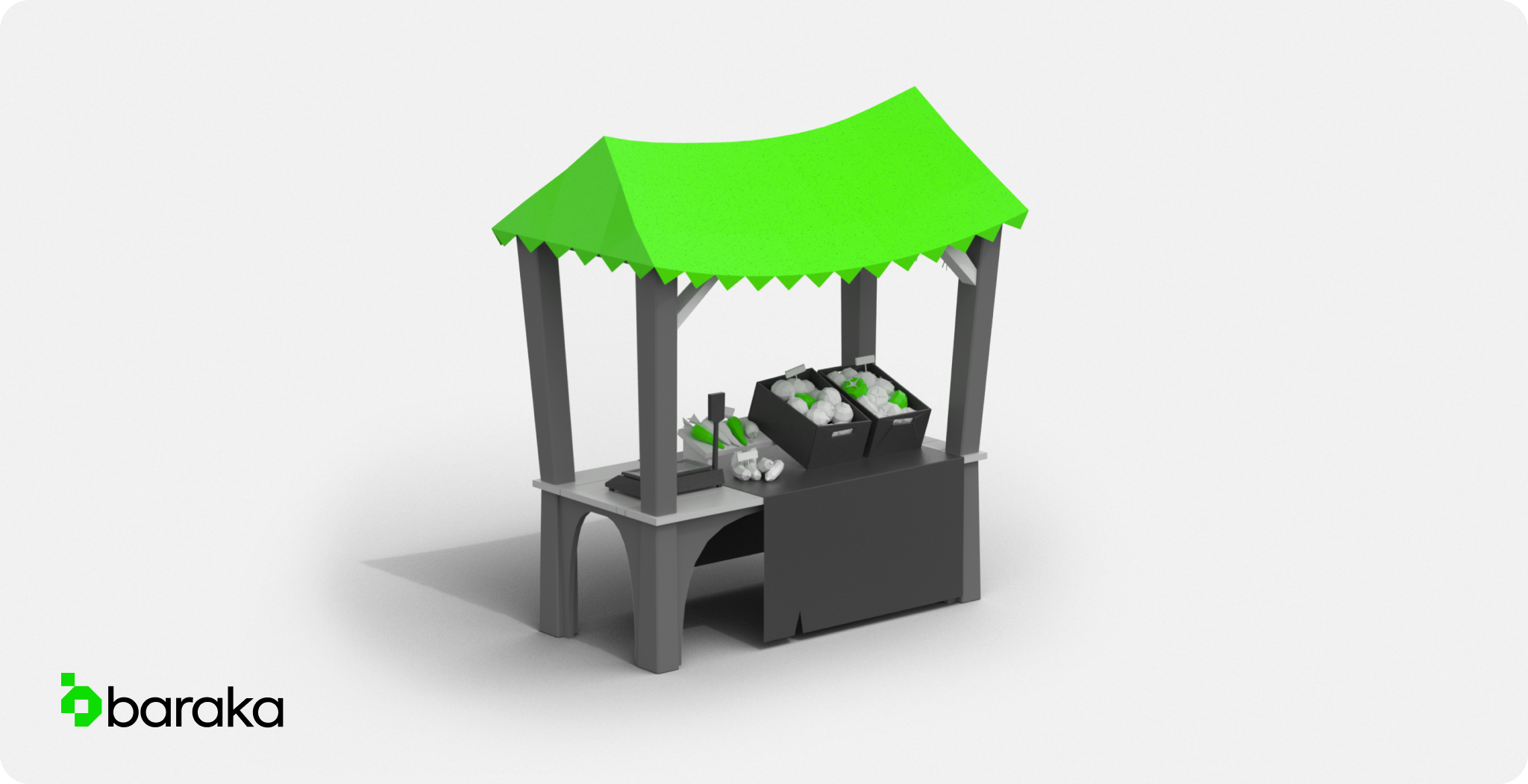We know you’ve seen them – the beginning of a movie that takes place on a trade floor, with hundreds of people yelling numbers and throwing papers. While most stock exchanges take place electronically now, there are still some that take place in person – we will go into that in a bit.
But first, what is a stock exchange? A stock exchange is a type of marketplace where securities are bought and sold. The types of securities traded on a stock exchange include shares of stock, bonds and cash. Other securities such as Exchange Traded Funds (ETFs) are also traded on stock exchanges.
A stock is a type of security that gives stockholders a piece or a share of ownership in a company. Many publicly-traded companies offer their shares on stock exchanges and their share prices can go up and down regularly, depending on a few factors.
For starters, every stock trade must have a buyer and a seller. It works on the basic laws of supply and demand, if there are more buyers for a specific stock than sellers, then the stock price will trend up.
What is the history of the stock exchange?
While the New York Stock Exchange is one of the most well-known and largest stock exchanges, it wasn’t the first. In the 1300’s, moneylenders in Europe traded debts between each other to fill gaps left by larger banks. The Venetians were the leaders in this field at the time.
In 1531, Belgium’s first stock exchange in Antwerp saw brokers and moneylenders meet to deal promissory notes and bonds. In the 1600’s, the Dutch East India Co. sought investors for long voyages who would receive a profit once the ship returned after a successful voyage.
The New York Stock Exchange began with the signing of the Buttonwood Agreement by 24 stockbrokers and merchants in 1792 outside a building on Wall Street.
What are some well-known stock exchanges?
Some of the most well-known stock exchanges around the world include the New York Stock Exchange, Frankfurt Stock Exchange and the Hong Kong Stock Exchange. Some stock exchanges operate and trade in person, such as the New York Stock Exchange, while others are completely digital, such as the NASDAQ Stock Market.
Here are the ten largest stock exchanges ranked by market cap:
- New York Stock Exchange
- NASDAQ Stock Market
- Tokyo Stock Exchange
- Shanghai Stock Exchange
- Hong Kong Stock Exchange
- Euronext
- Shenzhen Stock Exchange
- London Stock Exchange
- Toronto Stock Exchange
- Bombay Stock Exchange
The GCC has its own stock exchanges – the Dubai Financial Market and the Abu Dhabi Securities Exchange are stock exchanges located in the UAE. The largest stock exchange in the region is the Saudi Stock Exchange (Tadawul) based in Riyadh and home to 202 company listings. Other stock exchanges in the region include Egypt and Bahrain.
Why do companies sell shares on the stock exchange?
Generally, any private company can decide to become a public company by offering its shares to the public through a stock exchange. To do so, the company will have to hire an underwriter – usually an investment bank – to complete the Initial Public Offering (IPO).
Once a company “goes public”, its shares are traded on a stock exchange. A buyer of a company’s stock becomes a shareholder, which means they hold a piece of ownership of a company.
A stock exchange is beneficial to companies as it allows companies to raise funds for reasons such as scaling up, international expansion and new product lines and builds investor confidence. When a company is listed on a stock exchange, it helps a company’s reputation since it’s regulated.
The price of a company’s stock is primarily driven by a company’s profits and investors’ confidence in a company’s profit potential. It’s share price can be impacted both negatively and positively by external factors as well, including cost of material, changes in technology, regional labor costs, bad publicity, changes in leadership and trade policy.
Who can trade on the stock exchange?
When you buy and sell a stock on a stock exchange, you are buying it from an investor. To trade on a stock exchange, you must be a member of the exchange or belong to a member firm. In general, there are two types of investors trading on a stock exchange:
- Institutional investors: Institutional investors are those who trade securities in large enough quantities that it qualifies for preferential treatment and lower fees. Examples of institutional investors include investment banks, hedge funds, insurance companies and private equity companies.
- Retail investors: Retail investors are those who trade securities through an organization such as a broker or a bank.
How does a stock exchange work?
Physical stock exchanges allow market makers – a professional trader who maintains continuous bids and offers since a buyer or seller may not find each other at any given moment – to buy and sell a specific stock to brokers. Physical stock exchanges have trading floors, where the buying and selling takes place like an auction house, with bid and offer prices fluctuating throughout the day. On a digital stock exchange, buying and selling also takes place, only electronically between buyers and sellers over computers.
There are two aspects to a stock exchange – the primary market and the secondary market. The primary market is where private companies list their shares for the first time and the secondary market is where every day buying and selling of shares takes place.
Have you ever heard someone say “the stock market rose today”? This is when someone refers to specific stock market indices to know if the stock market rose or fell during a time period, since there are hundreds, sometimes thousands, of companies are traded on a stock exchange. For example, the S&P 500 measures the stock performance of the 500 largest U.S. publicly-traded companies.
What are the rules and regulations for stock exchanges?
Stock exchanges require the companies listed on their exchanges to follow a very specific set of rules, such as specific accounting practices and when and how companies report price-sensitive information, such as its quarterly earnings.
For example, stocks traded on the New York Stock Exchange must follow a very specific set of rules, including that it must have a share price of at least $4 and a market capitalization of at least $4 million.


